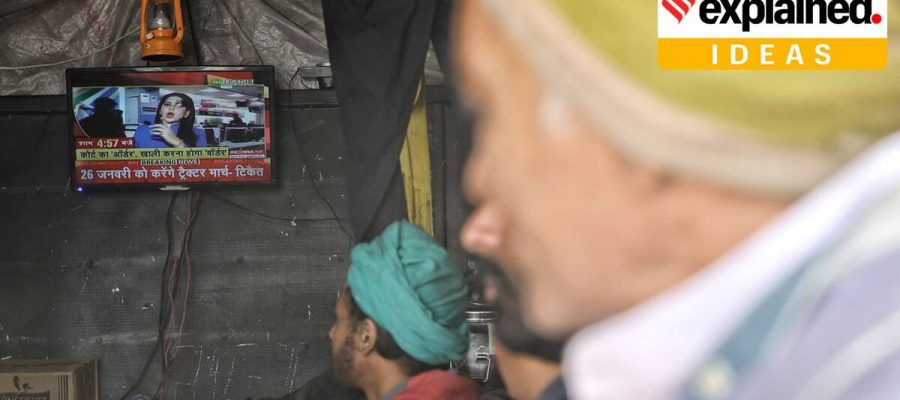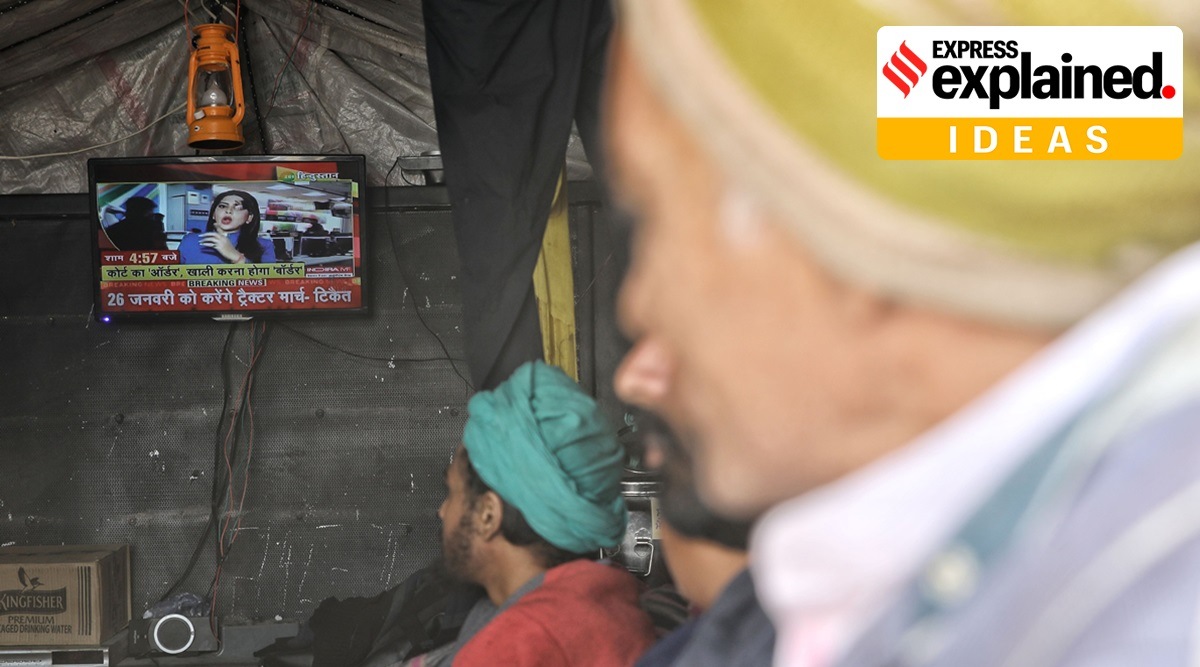Pratap Bhanu Mehta writes: The Supreme Court is, perhaps unintentionally but damagingly, seeking to break the momentum of a social movement.
The issues in the farm bills are complex. But no matter which side you are on, you should now worry about how the Supreme Court is interpreting its function, states Pratap Bhanu Mehta, contributing editor, The Indian Express.
The apex court has suspended the implementation of the farm laws, and created a committee to ascertain the various grievances. But it is not clear what the legal basis of this suspension is.
The court’s action, at first sight, is a violation of separation of powers. It also gives the misleading impression that a distributive conflict can be resolved by technical or judicial means. It is also not a court’s job to mediate a political dispute. Its job is to determine unconstitutionality or illegality.
Even in suspending laws there needs to be some prima facie case that these lapses might have taken place. But instead of doing a hearing on the substance — the possible federalism challenge, the possible challenge based on the ouster of grievance redressal — and then pronouncing a stay, it has simply decided to create a committee to hear farmers’ grievances and wade into political territory.
Here is why Mehta believes what the Supreme Court has done is dangerous.
“It has set a new precedent for putting on hold laws passed by Parliament without substantive hearings on the content of the laws,” writes Mehta in his opinion piece in The Indian Express.
It has muddied all the possible lines of judicial procedure, where it is not clear what the locus standi of different counsel are, what are the specific prayers that need to be addressed and how the court’s remedies address them. It has not really heard the farmers, whose counsel were not fully heard before the passing of orders.
“This is a monumental irony since a court whose own procedures seem to be opaque sets itself up as the arbiter of responsive government,” states Mehta. “This is not public interest litigation, it is whimsy on steroids.”
The court is, perhaps unintentionally but damagingly, seeking to break the momentum of a social movement.
“You can have a view on whether the government is right or the farmers. But it will be up to the people and the political process to decide who is correct, as long as there is no unconstitutionality involved…By appointing a committee, the court has shifted the onus on the farmers to stop their protests, or else appear unreasonable,” writes Mehta.
Source: Read Full Article


